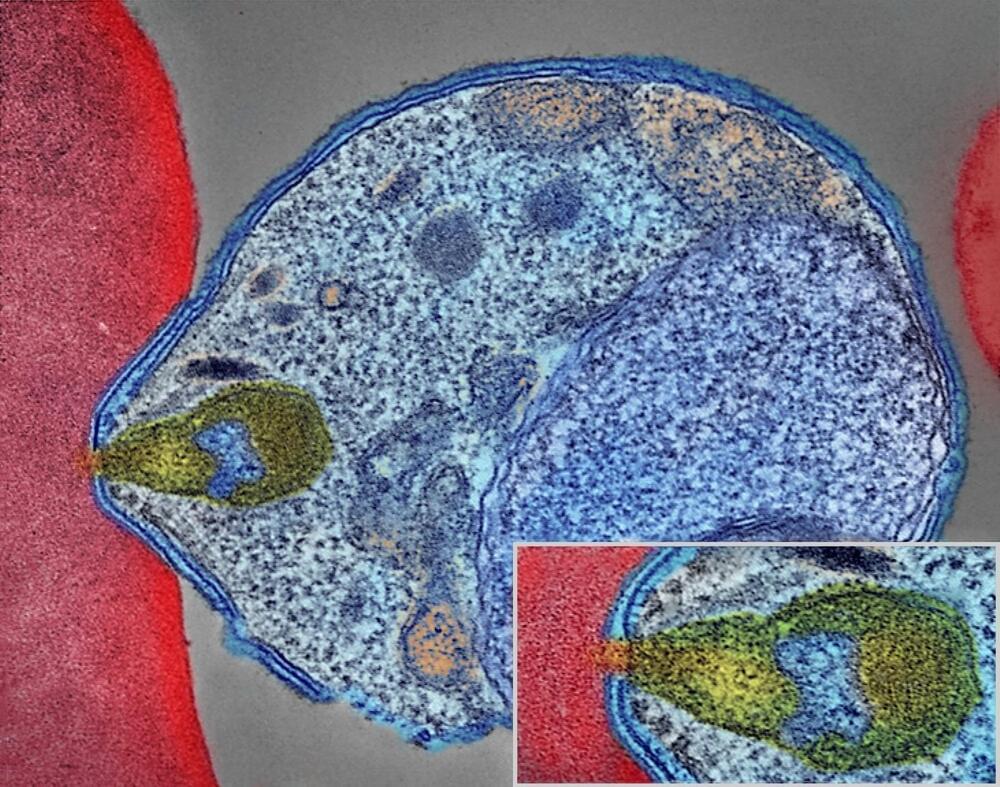A monoclonal antibody treatment was found to be safe, well tolerated, and effective in protecting against malaria in a small group of healthy volunteers who were exposed to malaria in a challenge study, according to new research published in The Lancet Infectious Diseases by researchers at the University of Maryland School of Medicine (UMSOM).
“The study demonstrates the feasibility of using monoclonal antibody therapies to help prevent malarial infection and holds promise for deployment to places where the disease is endemic,” said Kirsten Lyke, MD, Professor of Medicine and Director of the Malaria Vaccine and Challenge Unit in the Center for Vaccine Development and Global Health (CVD) at UMSOM. “This may allow us to revisit malaria eradication efforts.”
There were 241 million malaria cases and 627,000 deaths reported worldwide in 2020 alone, which is a 12 percent increase from 2019. Public health experts contend new strategies are urgently needed to achieve the United Nation’s sustainable development goal of 90 percent reduction in malaria incidence and mortality by 2030. Scientists have tried for decades to develop a highly effective malaria vaccine without much success.
